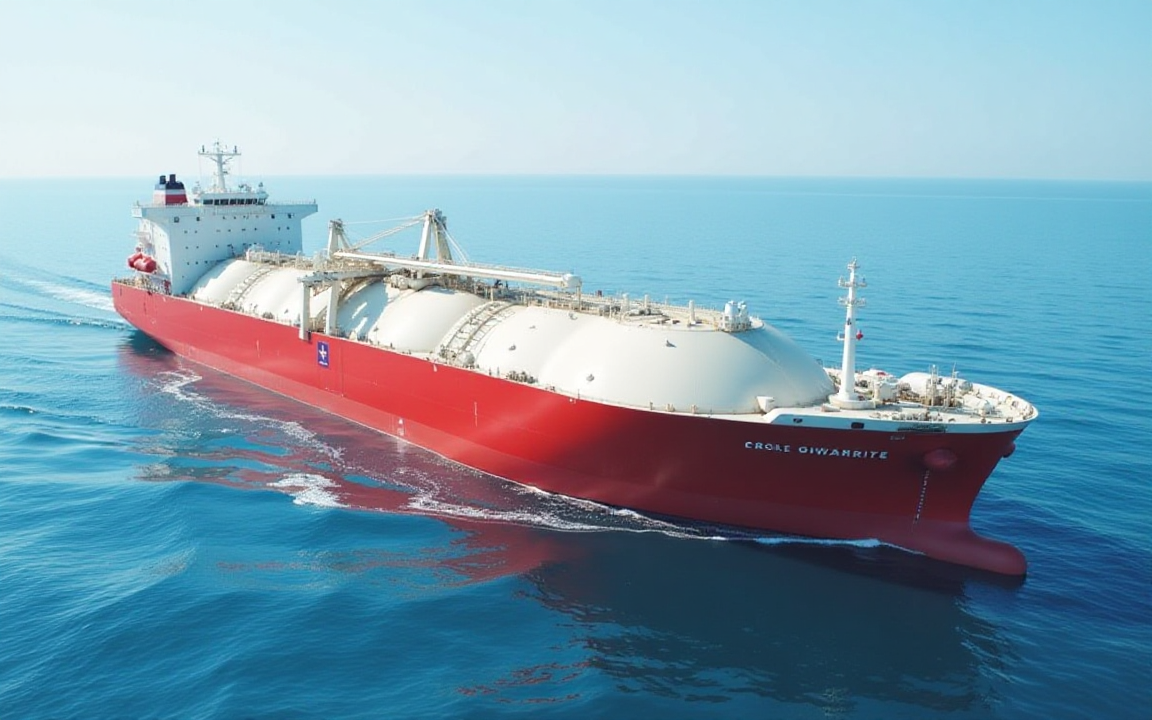In the coming weeks, the European Union’s energy commissioner announced, the bloc will begin aggregating demand from European companies for gas purchases, according to a Reuters report.
This initiative aims to accelerate the EU’s efforts to reduce its reliance on Russian energy.
The European Union is currently engaged in intricate negotiations to finalise legal proposals aimed at a comprehensive ban on all Russian oil and gas imports.
This ambitious initiative seeks to completely cease these imports by January 2028.
EU’s strategy to reduce Russian energy reliance
As part of this broader strategy, the EU has already implemented a series of sanctions last week that specifically target Russian liquefied natural gas (LNG), with an earlier ban set to take effect from January 2027.
This phased approach underscores the EU’s determination to reduce its reliance on Russian energy sources, a move driven by a complex interplay of geopolitical considerations, energy security concerns, and a desire to exert economic pressure.
The transition away from Russian energy is expected to have significant implications for global energy markets, potentially leading to shifts in supply chains and increased demand for alternative energy sources.
The negotiations involve navigating diverse interests among member states, some of whom are more dependent on Russian energy than others, making the diplomatic process both challenging and crucial for the success of these proposals.
Countries currently importing Russian gas will need to terminate existing contracts and secure alternative supplies.
Specifically, EU members like France and Belgium continue to import Russian LNG, while nations such as Slovakia and Hungary receive Russian gas through pipelines.
Brussels is set to re-launch its gas demand pooling system in the coming weeks.
According to EU Energy Commissioner Dan Jorgensen, this initiative aims to facilitate competitively priced and diversified gas supplies.
Challenges and opposition to gas pooling
Jorgensen said in a post on X:
We will launch a dedicated gas demand aggregation exercise for companies in this region.
The new gas pool aims to serve central, eastern, and south-eastern European nations.
However, this initiative faces opposition from countries like Hungary and Slovakia, which fear that moving away from Russian gas could lead to increased energy costs.
These nations have expressed concerns about the EU’s proposed exit from Russian gas, highlighting the potential economic impact of such a transition on their energy markets.
Diversification
The EU is actively pursuing a substantial increase in its imports of LNG from the US.
This strategic shift is largely driven by a previous commitment made under a significant trade deal with President Donald Trump, wherein the EU pledged to purchase a staggering $250 billion in US energy annually.
This commitment underscores a broader geopolitical and economic initiative aimed at strengthening transatlantic ties and diversifying the EU’s energy supply, reducing its reliance on other, potentially less stable, energy sources.
The expansion of LNG imports from the US is a crucial component of this strategy, offering a viable alternative for meeting the EU’s considerable energy demands.
In 2022, the EU initiated a joint effort to aggregate companies’ gas demands.
This initiative aimed to secure alternative gas supplies, replacing Russian fuel in response to the conflict in Ukraine.
While the EU platform has facilitated demand pooling and matching buyers with gas suppliers, the extent of gas purchases it has directly enabled remains unclear.
The platform’s role concludes with connecting companies, which then independently negotiate gas contracts.
The EU is not involved in these commercial discussions, and companies have not been required to disclose any deals made so far.
The post EU faces opposition while diversifying energy with US LNG appeared first on Invezz
